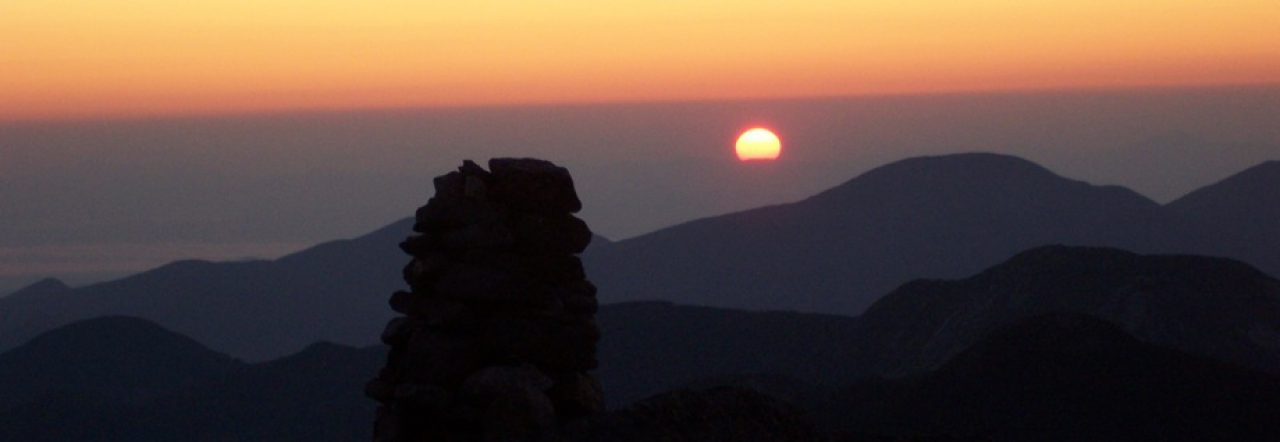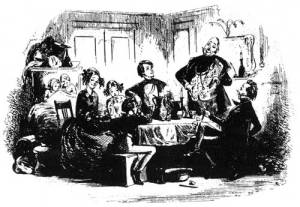I’ve been stuck lately. It happens to all of us. Now and then, we feel like Dante, who  opens his Divine Comedy in the midst of an existential crisis:
opens his Divine Comedy in the midst of an existential crisis:
IN the midway of this our mortal life,
I found me in a gloomy wood, astray
Gone from the path direct. . .
Fortunately, most of us don’t need to walk through hell and purgatory before we reach the heaven on the other side. And we don’t need to need to wander between dream vision and sleep, gradually learning how to “do well” like William Langland’s protagonist in Piers Plowman.
But what these texts from the Middle Ages note remains true: sometimes we lose our momentum. Like a turtle pushed out to the center of a frozen pond, unable to gain footing and reach the shore again, we feel lost, adrift, and powerless. Sometimes, this makes us stiff and wooden. As Albert Camus writes in his essay “Return to Tipasa“:
A day comes when, thanks to rigidity, nothing causes wonder any more, everything is known, and life is spent in beginning over again. These are the days of exile, of desiccated life, of dead souls. To come alive again, one needs a special grace, self-forgetfulness, or a homeland.
Indeed, sometimes we really do need to come alive again.
Continue reading “Unsticking” →



